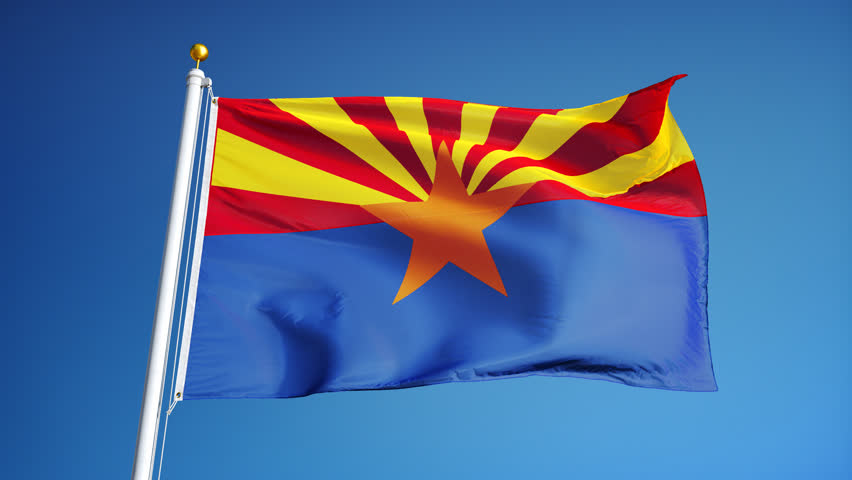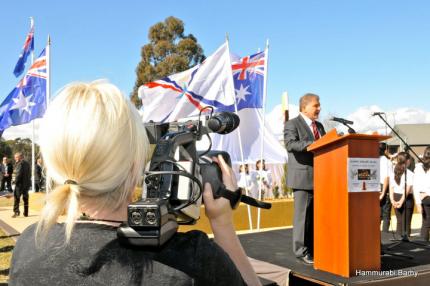Sabro Bengaro, Founder and Director of Seyfo Center, sat down with Tiamet Lazar, a pre-law student from Los Angeles, during her first-ever visit to our ancestral homeland, Assyria, during the Gishru trip. In this heartfelt interview, Tiamet shared her reflections on the journey, expressed her hopes for the future of our resilient people, and offered thoughtful suggestions for Seyfo Center and other organizations in addressing the legacy of the Simele Genocide and how to preserve the Simele Mass Grave Site. We invite you to watch this inspiring conversation and help amplify its message.
Tiamet, before we begin, can you briefly introduce yourself?
Hi, my name is Tiamet Lazar. I’m a 20-year-old college student currently studying international relations and political science. I was born and raised in California, but this past April, I made my very first trip to Assyria for Kha B’Nissan. It was one of the most life-changing experiences I’ve ever had.
What was the process like? How did you decide to visit Assyria?
I’ve always known I wanted to visit my homeland, ever since I was a child. I come from a family that is very omtaneta, and that strong connection to our culture has shaped who I am at my core. Growing up, I heard stories from my parents and grandparents, sang songs about our villages, songs about war, yet felt a longing for a place I had never physically been to. For me, going to Assyria wasn’t just a decision, it was something I needed to do. I always assumed visiting Assyria would be difficult or out of reach, especially as someone born and raised in the U.S. But I applied to GISHRU, completed an interview, and was accepted. That moment made everything feel so real and possible. I’m incredibly thankful I took that leap, because it ended up being one of the most meaningful things I’ve ever done.
What did you know about the homeland before your visit, and how does that compare to your experience now?
Before visiting, I thought I had a solid understanding of our homeland. My parents have always been deeply rooted in our identity, and they passed that on to me. I grew up surrounded by our language, music, history, and community pride. But no matter how much I thought I knew, nothing could’ve prepared me for what it actually felt like to be there. Walking through the villages, meeting the people who were strong enough to stay, and standing in the places I had only heard about growing up all felt so surreal. It was like the songs and stories I knew were suddenly unfolding in real life. The connection I felt to the land and to the people was immediate and intense. What I experienced in Assyria wasn’t just as powerful as I imagined; it was even more beautiful and grounding than I could’ve hoped for.
How are the people in Assyria?
The people of Assyria absolutely blew me away. Living in diaspora, we’re often told that the people in our homeland are desperate to leave. But that narrative couldn’t be further from the truth in my experience. Everyone I met, from young teens to elders, was full of strength, pride, resilience, and most importantly, hope. I remember one person saying, “I’ll be the last one here. I don’t care what happens, I won’t leave.” That mindset wasn’t rare. It was something I heard over and over again, and it really shifted how I viewed the situation. These people aren’t just surviving, they’re choosing to stay, to fight, and to hold on to what is rightfully ours; what is rightfully theirs. They are the heart and backbone of our nation, and I feel indebted because of the strength it takes not to give up everything and leave when every factor is working against you.
Did you visit the area where the Simele Massacre took place? Do you have any suggestions for the Seyfo Center or for our community regarding the Simele memorial?
Yes, I did visit the site of the Simele Massacre, and it was one of the most heartbreaking experiences of the entire trip. There was barely anything there to honor what had happened, just a small plaque and a field of dirt. It’s painful to know that both the Iraqi government and the Kurdish Regional Government continue to deny the atrocities they committed. I heard stories about bones that once protruded from the ground, and the government removed them without any respect or proper burial in an attempt to hide their actions and pretend that the genocide never occurred. Even in death, our people are still being disrespected. It’s devastating. I truly believe that the Seyfo Center and our broader Assyrian community need to come together and push for a proper memorial. We need a place that brings peace and dignity to the victims, something like a garden of tree or a larger monument where we can gather, remember, reflect, and make sure our people never experience such an atrocity again. It’s not just about the past. It’s about making sure the world never forgets what was done to us.
Were there any experiences that deeply moved you?
There were so many emotional moments, but one that truly shook me happened in the village of Sarsing. We met a man named Rabi Yousip Simeele, and his speech left a mark on many of us. He spoke with such conviction and bravery; He wasn’t afraid to speak the truth. He reminded us that we are the indigenous people of that land, and no matter how much pressure any occupation puts on us, we must not leave. I remember looking around during his speech and seeing tears in so many people’s eyes, including my own. That moment felt like a shift. We realized that while we in diaspora have comfort and privilege, our people back home have the courage and strength we often forget and don’t appreciate. That speech was a turning point, it made me feel like I have a responsibility now. A responsibility to use my voice, my education, and my privilege to speak up and fight for our homeland.
Would you recommend that other youth visit Assyria?
Without a doubt, I would encourage every Assyrian youth to visit Assyria if they can. Especially those of us born in diaspora. We’re often disconnected from our roots in a way that can only be healed by being there. The moment our plane landed, I felt it in my bones. It was this overwhelming sense of coming home, like a part of me had been missing, and I finally found it. Even if you go and don’t end up joining an organization or becoming an activist, I promise something inside you will change. You’ll walk away with a deeper love for your people, a stronger sense of who you are, a connection that can’t be put into words, and a grief for what could have been It wasn’t a vacation, it was feeling your identity in every corner of the land, hearing your language in the streets, realizing you’re not alone, craving to stay. That warmth, that pride, it stays with you.
Do you have hope for the future?
Yes, I have hope for the future. And honestly, that hope gets stronger every time I see someone take that step to want to visit. Being in Assyria sparked something in me, it lit a fire that I don’t want to put out. I believe that if more of us go back, if we witness what’s happening and listen to the people who are holding on with everything they’ve got, we’ll come back transformed. That transformation can lead to action. Whether it’s speaking out, donating, educating others, or just staying connected, we all have something to offer. Our homeland still exists, and as long as we care enough to protect it, I believe we can build a stronger, more united future, both for those of us in diaspora and for our people who continue to live and fight in Atra.



